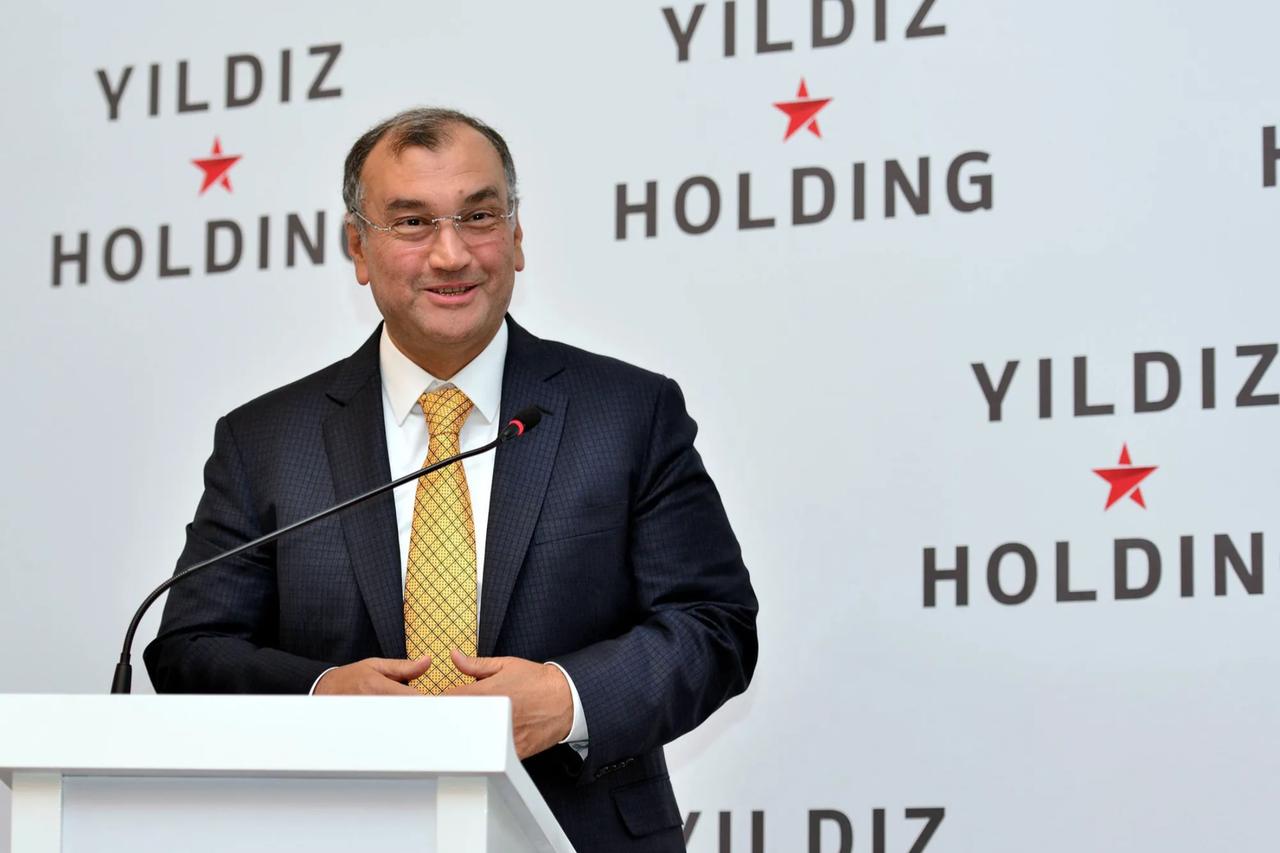
Türkiye’s richest businessman, Murat Ulker, has responded to renewed speculation about his company’s overseas operations, explaining that his expansion into international markets has not meant transferring capital abroad.
Speaking at an event organized by the Avrasya Bir Foundation on Oct. 14, the Yildiz Holding board member and chairman of Godiva and Pladis addressed the rumors with a mix of humor and precision, asserting that his business success remains rooted in Türkiye.
Ulker, who leads one of the country’s largest food conglomerates, discussed topics ranging from company financing to his personal life, responding to online claims that he had moved his assets or residence overseas.
“People keep asking where else I have a house. I do not have one. I live in my mother’s home, thank God,” he said during the event, later published in Ekonomim.
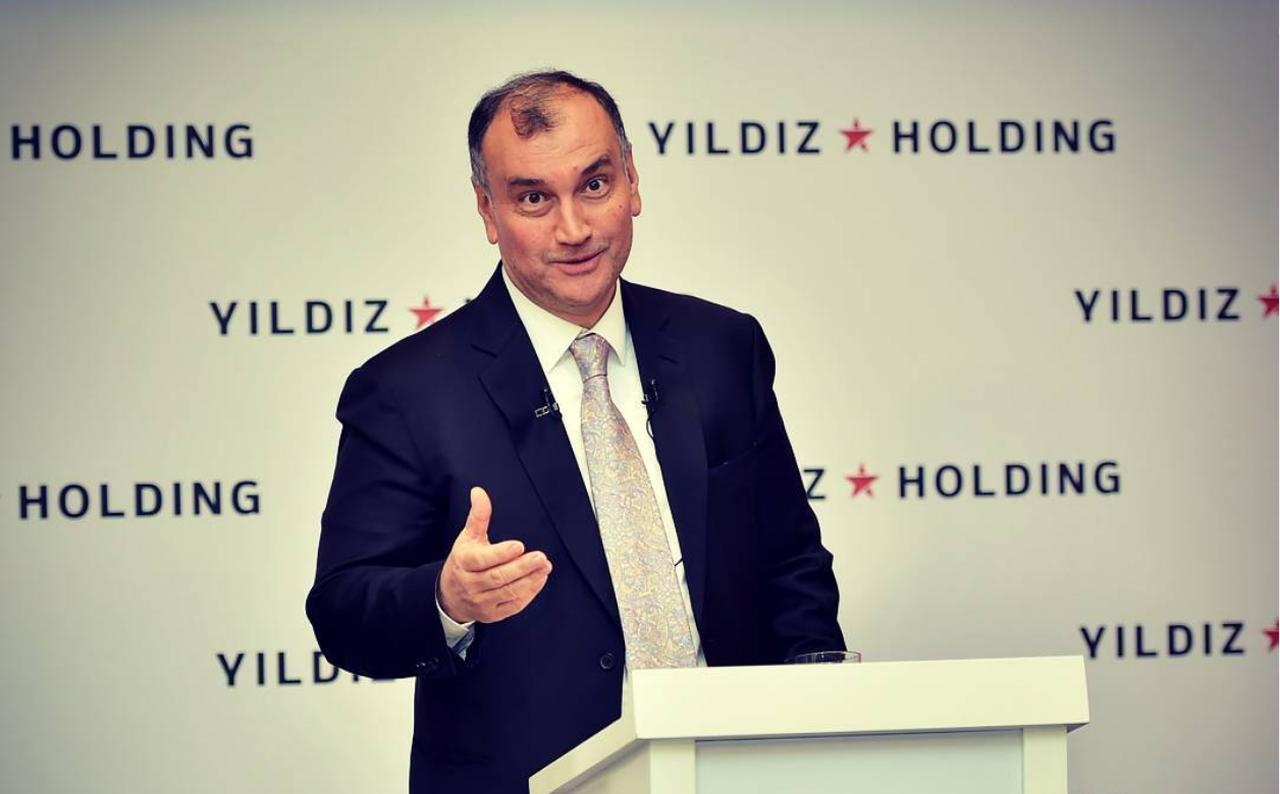
Describing himself as someone who prefers simplicity, Ulker repeated what he has often said in earlier interviews, that he owns no foreign property and travels for work without settling abroad.
“My father built the house in my mother’s name. We did the same. All of us children still live in the same home,” he said.
His remarks came after social media users circulated false claims suggesting that he had sold Godiva to Israeli investors and shifted Yildiz Holding’s headquarters abroad.
Ulker rejected those claims, insisting that the group’s global structure was designed to strengthen its Turkish foundation, not to move it elsewhere.
“Even Rahmi Bey (Rahmi Koc) once joked, ‘You did well moving all your business abroad,’ and that is when I realized how easily things can be misunderstood,” he said.
“In reality, we did not move anything out of Türkiye. On the contrary, we brought what was abroad back here and registered it in Türkiye.”
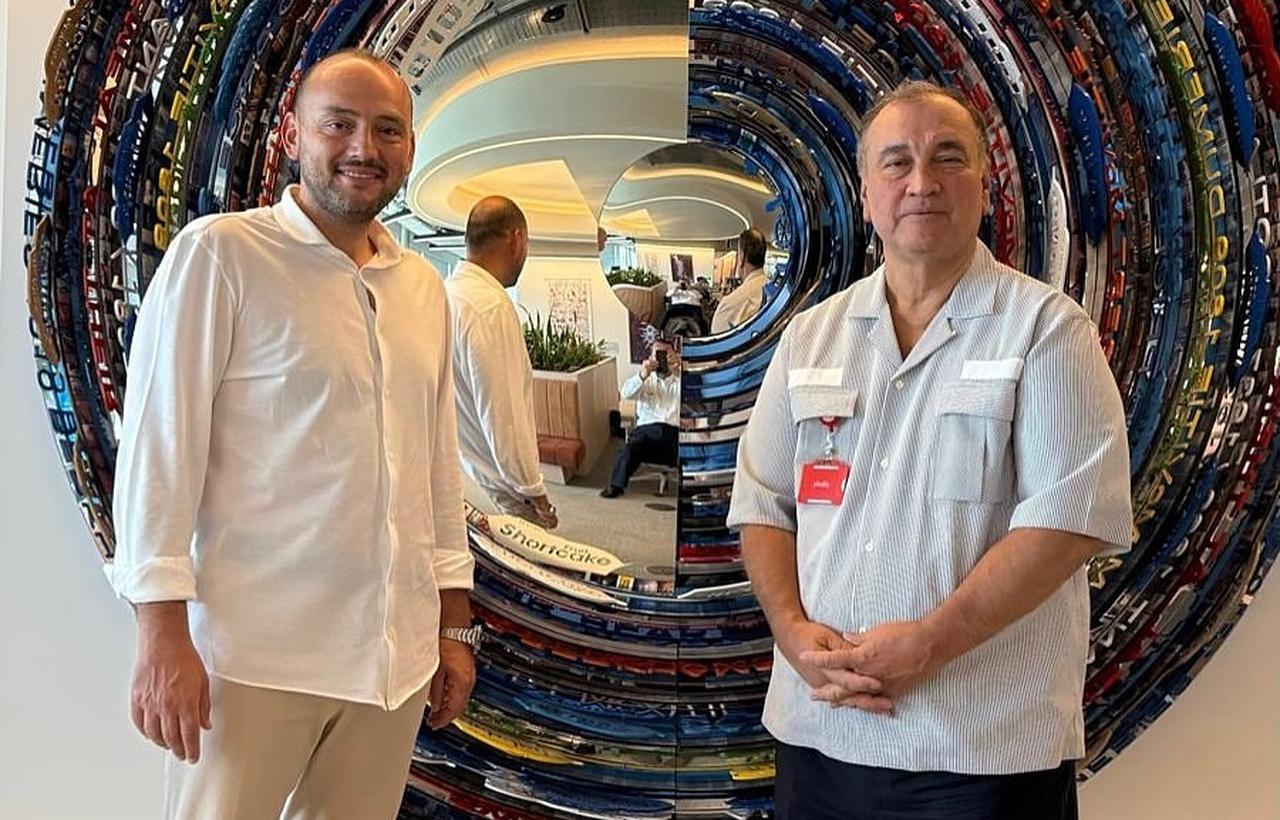
Ulker used the event to explain how large international transactions are financed and regulated.
Responding to public assumptions about money leaving the country, he detailed the bureaucratic and financial processes behind acquisitions such as Godiva.
“When we bought Godiva, we informed the Treasury that we were making a purchase and asked whether it was approved,” he said. “They replied within half an hour, confirming it was fine. These are formal procedures, not something done secretly.”
He underlined that international financing operates under different conditions than domestic credit. “I took a 12-year loan abroad at 2.5 percent interest in dollars,” he said.
“If you borrowed from Türkiye at 15 percent, you could not make the business work. Each country has its own system. In Japan, for example, interest rates are negative, but you cannot transfer that money out. It is the same in Saudi Arabia or anywhere else; you cannot simply take funds and go.”
According to Ulker, misconceptions arise because people overlook the complexity of multinational operations. “You cannot physically move money the way people imagine,” he said.
“Some friends once made me a fake $1 billion banknote as a joke, and I left it on my desk. Nobody even tried to take it.”
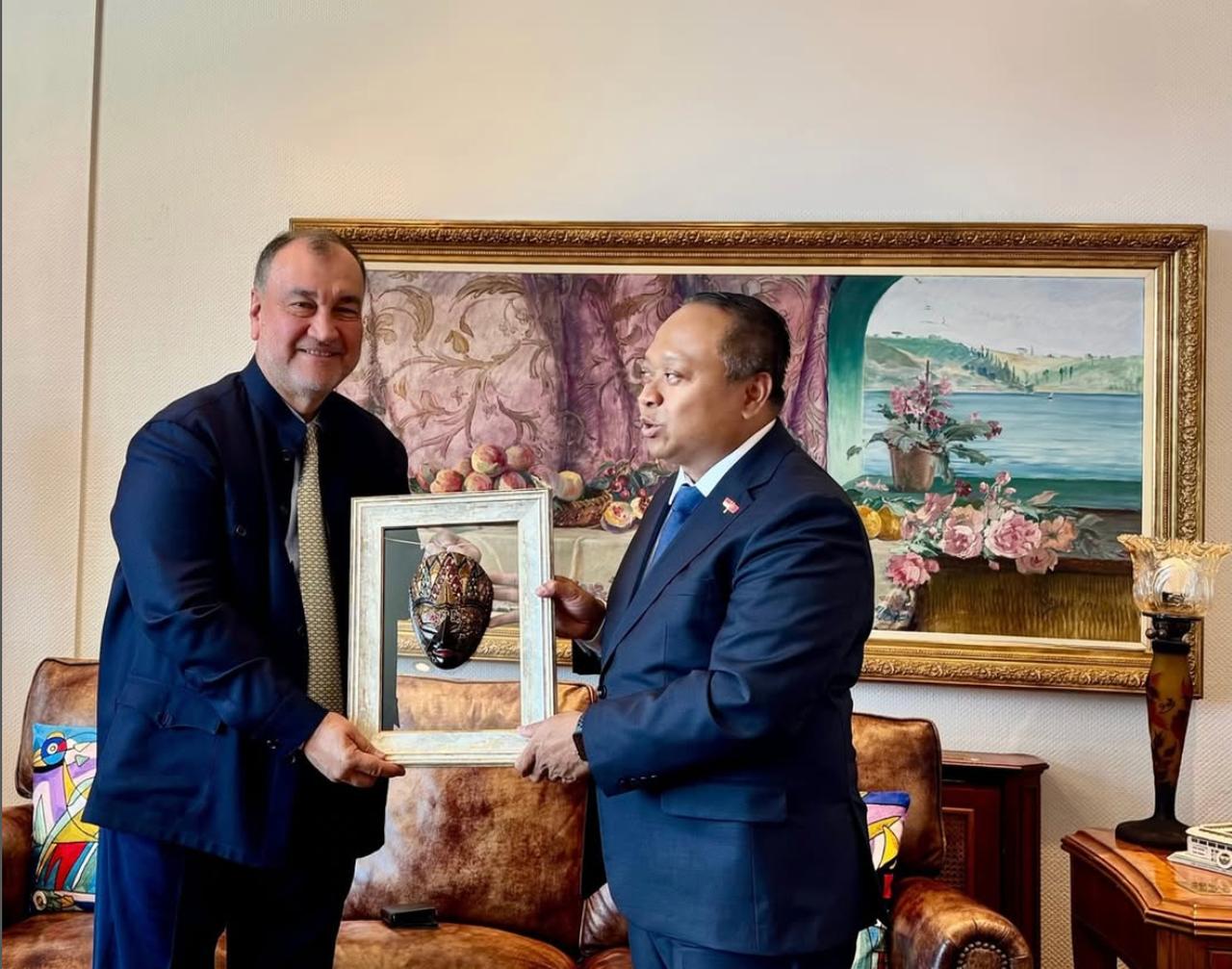
Ulker also revealed that he recently turned down a $4 billion offer for Godiva, the Belgian chocolate company that Yildiz Holding purchased in 2008.
“They wanted to buy it, but I said no,” he stated. “I had already sold the Japan branch for $1.3 billion. There are not many good brands like Godiva in the world, so when an opportunity comes, you hold on to it.”
Since acquiring Godiva, Yildiz Holding’s international portfolio has grown to include Pladis, the global biscuit and confectionery group headquartered in London.
The company’s acquisitions over the years, including a historic biscuit factory in Scotland, have reached a total of around $13 billion.
“We now have close to 400 brands and 85,000 employees, of whom about 20,000 work abroad,” Ulker said. “Our operations extend from China to the United States, from Africa to Japan. Together, they cover a geography with nearly four billion people.”
Despite this scale, he emphasized that his personal life remains unchanged.
“I travel for business, but I always return home before the weekend if I can,” he said. “I tell people I need to go back and change my shirts. Nothing feels like home.”
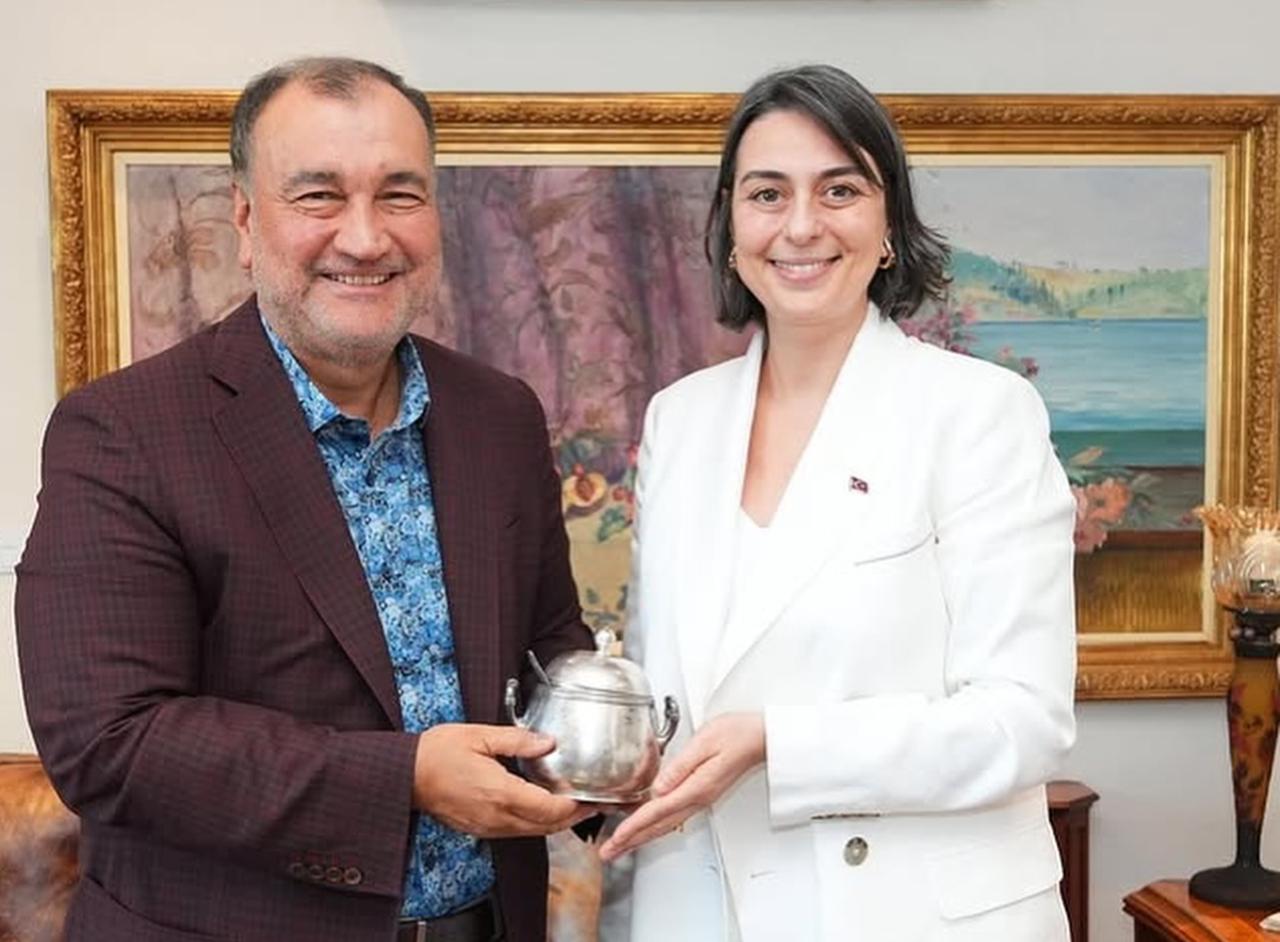
Ulker also revisited the financial crisis of 2001, recalling how his family became involved in banking during a national economic downturn.
His late father, Sabri Ulker, had been one of the original shareholders of Faysal Finans, a small participation bank facing collapse at the time. “They called and said the bank’s checks were bouncing,” he recounted.
“My father had some money sitting idle, so I told him it would be better to put it there. He agreed and sent $7 million, and the bank was saved. Later, it became Türkiye Finans.”
He said the family eventually spent $100 million to stabilize the institution, only to realize that banking was not for them. “I never liked it,” Ulker said.
“In industry, we sell wafers one by one and earn small profits honestly. In banking, by five in the afternoon, you have hundreds of millions sitting idle, and you do not know where to put them. That was not for me. So we sold the bank for $2 billion. After all that, what stayed with us was about $800 million.”
The story, delivered with a matter-of-fact tone, illustrated the combination of business pragmatism and moral caution that has characterized his public image since taking over Yildiz Holding in 2000.
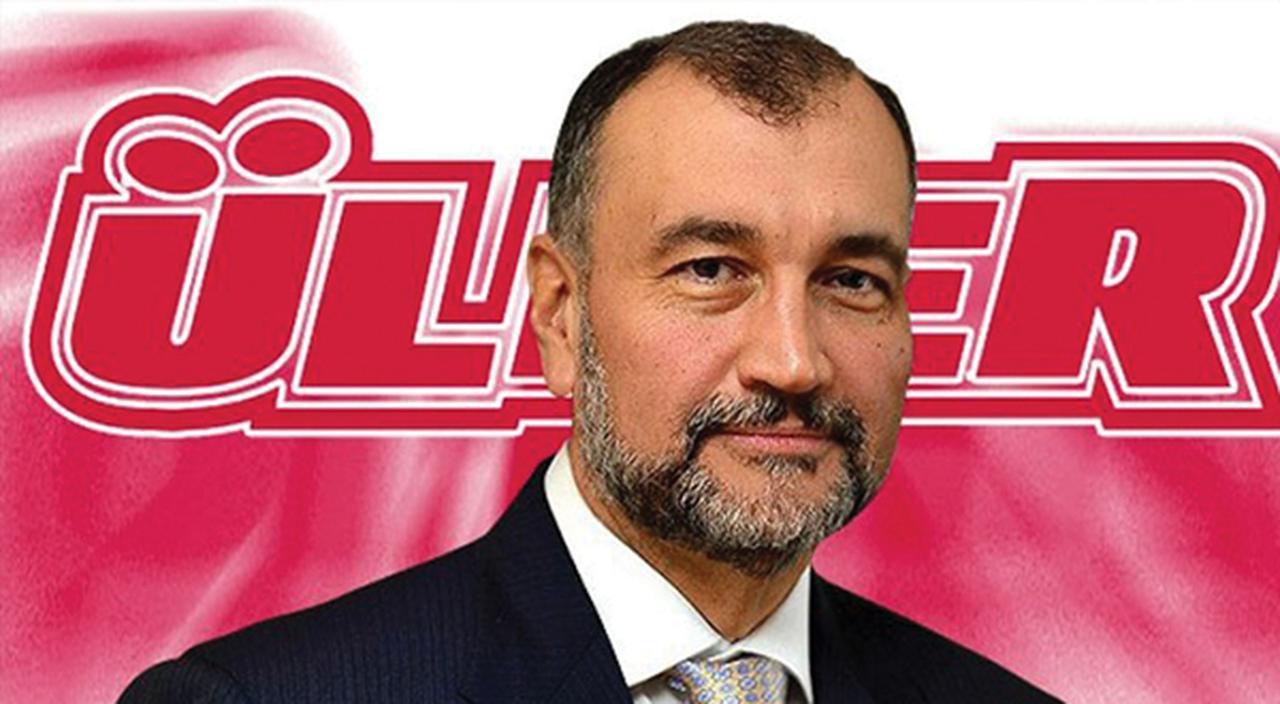
When asked what advice he would give to young entrepreneurs, Ulker spoke against the idea of rushing into business.
“I tell young people, do not start right away. Get your hands dirty first,” he said. “You can pass classes with low grades, but in real life, you need to score eleven or twelve out of ten if you want to get ahead. Hard work and patience matter.”
He added that luck, too, comes only to those who persist, referring to a story from Nasreddin Hoca: “The Hoca decided to test whether sustenance would come from God without effort. He waited for food to appear, and nothing came. Finally, a neighbor brought a tray of food, but only after he coughed to make his presence known. So the Hoca said, ‘Provision comes from God, but sometimes you need to cough a little.’”
For Ulker, the anecdote summed up a philosophy that combines faith with initiative and offered a fitting close to a conversation that mixed humor, reflection, and defense.
“I just watch how fate weaves its net,” he said. “That is how life and business work.”
At 65, Ulker remains both one of Türkiye’s most influential and most discussed business figures. Forbes estimates his net worth at more than $5 billion, ranking him at the top of the country’s wealth list.